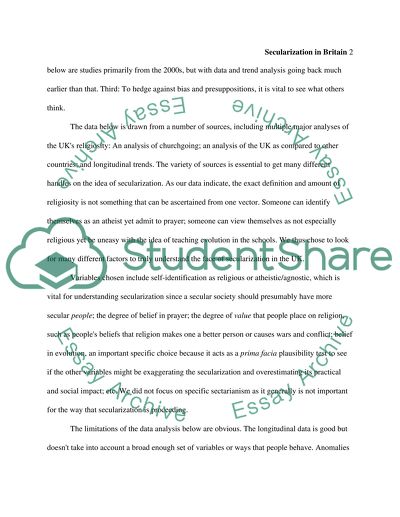Cite this document
(“Secularization in Britain-Sociology Dissertation Essay”, n.d.)
Retrieved from https://studentshare.org/environmental-studies/1406196-secularization-in-britain-sociology-dissertation
Retrieved from https://studentshare.org/environmental-studies/1406196-secularization-in-britain-sociology-dissertation
(Secularization in Britain-Sociology Dissertation Essay)
https://studentshare.org/environmental-studies/1406196-secularization-in-britain-sociology-dissertation.
https://studentshare.org/environmental-studies/1406196-secularization-in-britain-sociology-dissertation.
“Secularization in Britain-Sociology Dissertation Essay”, n.d. https://studentshare.org/environmental-studies/1406196-secularization-in-britain-sociology-dissertation.


